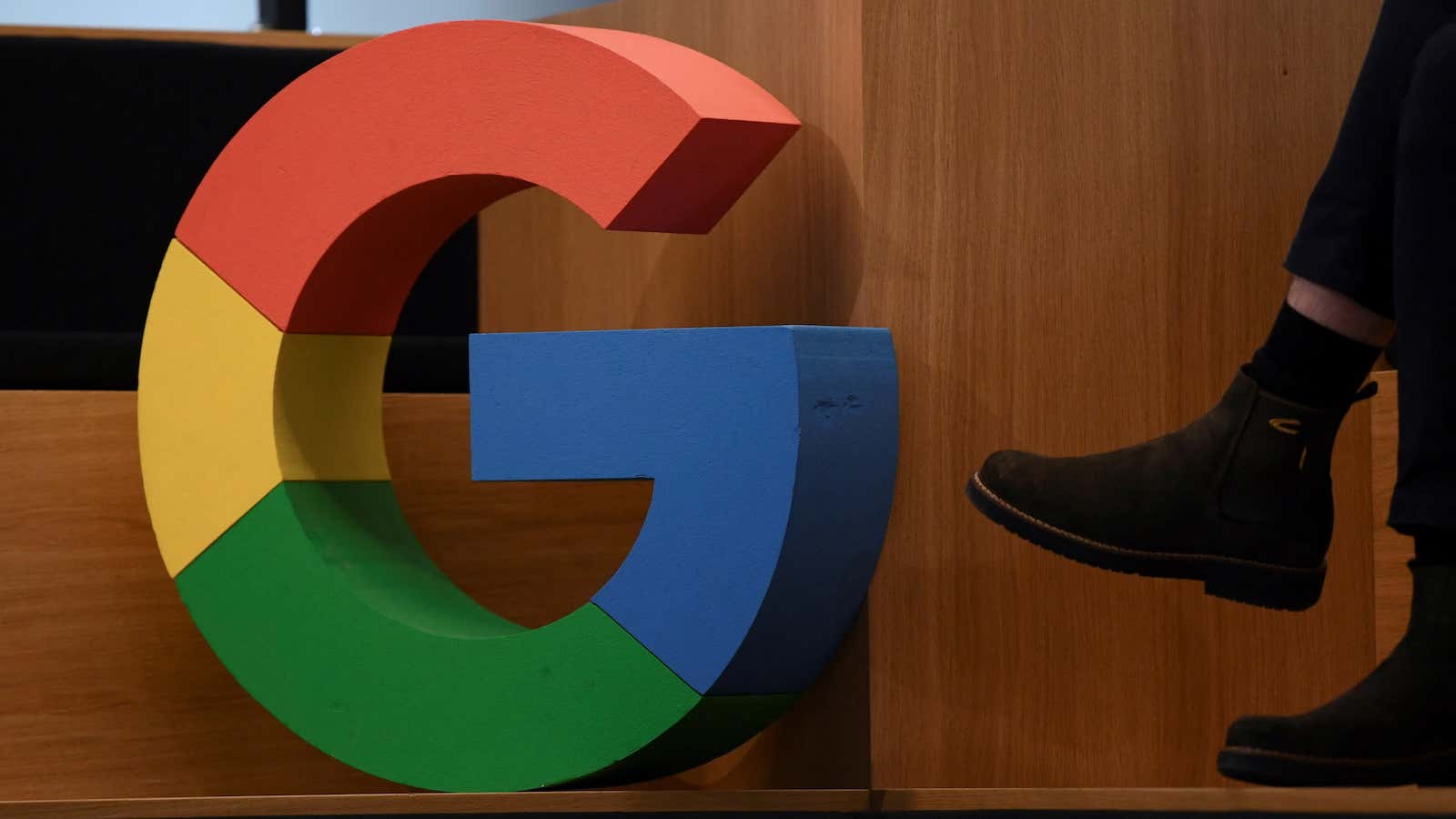A new lawsuit against Google alleges the tech giant has a pattern of discriminating against Black employees—and offers details about how they experience a hostile work environment right from the start.
The lawsuit, filed March 18 in the US District Court for the Northern District of California, was brought by April Curley, a Black woman who worked at Google from 2014 until she was fired in 2020. It’s the latest in a series of events highlighting concerns over the company’s treatment of Black employees. In December 2021, Reuters reported that California regulators were investigating allegations of harassment and discrimination against Black women at Google. A year before that, Google faced a backlash after the firing of high-profile AI researcher Timnit Gebru, a Black woman who had openly criticized the company’s DEI efforts.
Curley’s lawsuit, which seeks class-action status, offers illuminating details about the kinds of biases and barriers that Black employees all too frequently face.
Race and hiring at Google
Among the lawsuit’s most noteworthy allegations is a section outlining Curley’s objections to Google hiring practices. Quartz reached out to Google for comment on the lawsuit, and will update this article with any further information.
The lawsuit claims that Google discriminated against Black job candidates both during the interview process and after hiring them. The document states:
a) Google viewed Black candidates through harmful racial stereotypes and hiring managers deemed Black candidates not “googly” enough, a plain dog whistle for race discrimination
b) Google interviewers “hazed” and undermined Black candidates, regularly asking level-inappropriate questions of Black candidates to intentionally tank their interview scores.
c) Google hired Black candidates into lower-paying and lower-leveled roles, with less advancement potential, based on their race and racial stereotypes.
The problem with “cultural fit”
Of particular note here is the phrase “not ‘googly’ enough.” Though the terminology may be specific to Google, lots of companies evaluate job candidates on culture fit.
The problem is that such an amorphous metric can make it easy for companies to dismiss otherwise qualified candidates who happen to differ from the majority of workers because of their race, age, or gender. One recent complaint about anti-Black discrimination at Facebook, for example, filed with the US Equal Employment Opportunity Commission, included a Black woman’s allegation that she was told while applying for a position, “There’s no doubt you can do the job, but we’re really looking for a culture fit.”
If a Black woman doesn’t seem like a culture fit in an industry notoriously dominated by young white men, it’s worth considering how homogenous demographics shape company culture in the first place.
Undervaluing Black workers
Also important to highlight is the lawsuit’s contention that Google habitually places Black people into lower-level roles than their white counterparts.
Curley claims that she herself experienced this. When Google hired her, she had five years of professional experience and a Master’s degree. But the company categorized her at the compensation level typically accorded to entry-level workers who are recent college graduates.
The allegation highlights another common obstacle to achieving racial equity in the workplace. Not only do Black Americans have a harder time getting hired, many find that they’re under-valued and under-paid when they do land positions, leading to higher attrition in the long run. A 2021 McKinsey report, for example, found that Black people accounted for 12% of entry-level workers at US white-collar companies, but only 7% of managers.
